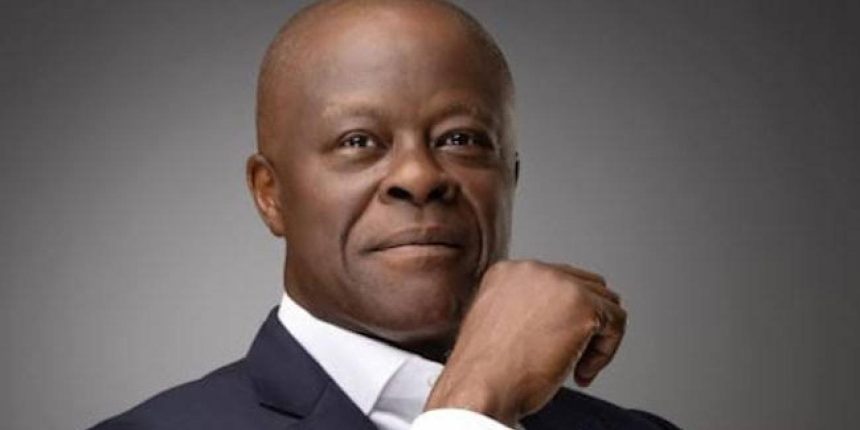The Nigerian government has projected that the economy will hit $1 trillion in value by 2030. For many, it sounds like another ambitious headline easily dismissed, like so many before it. But beneath the rhetoric lies a serious opportunity, one that rewards not just optimism, but strategy.
Economic indicators suggest momentum is building. In Q1 2025, Nigeria’s GDP grew 3.13% year-on-year, reaching N372.8 trillion (about $243.7 billion), with a boost from GDP rebasing that now includes digital services, pensions, and informal sectors. Non-oil revenue hit N20.59 trillion between January and August; a 40.5% rise over the same period last year.
President Bola Tinubu has framed this growth as evidence that Nigeria is on the right path. Crucially, the country is no longer betting solely on oil. Government reforms now target agriculture, tech, solid minerals, manufacturing, and the creative economy as drivers of sustainable growth.
To support this pivot, agencies have been repositioned. The Nigerian Investment Promotion Commission (NIPC) is focused on investor facilitation. The Corporate Affairs Commission (CAC) is simplifying registration. The Standards Organization of Nigeria (SON), the Nigerian Export Promotion Council (NEPC), and the Central Bank of Nigeria (CBN) are similarly sharpening their focus on competitiveness and regulatory support.
Yet, for all the policy ambition, execution remains complex. Entrepreneurs face a maze of overlapping regulations and compliance obligations. For example, an agricultural exporter must meet SON standards, secure NEPC registration, align with CBN financing rules, and clear Customs — all before shipping a single product.
The 2025 Tax Act, which replaced the FIRS with the Nigeria Revenue Service, is another example. Intended to broaden the tax base and improve enforcement, it has also introduced new compliance demands that businesses must navigate with care.
Too often, legal counsel is viewed as an afterthought someone to call when trouble arises. In today’s evolving regulatory environment, that mindset can be costly. A well-positioned lawyer does far more than draft contracts or settle disputes. They interpret policy, mitigate risk, and help clients engage effectively with government institutions.
Those who succeed in Nigeria’s next economic phase will not necessarily be the biggest or most innovative players they’ll be the ones who understand how to align with policy early, and who take regulatory compliance seriously from day one.
This was evident during the banking sector reforms of the early 2000s. At the time, many dismissed recapitalization as political noise. Yet those who positioned themselves strategically often with strong legal guidance became market leaders in the restructured financial sector.
The same applies today. Nigeria’s trillion-dollar vision is not automatic. It will reward those who take the time to understand the rules, anticipate regulatory changes, and engage the right professionals to guide their strategy.
In this context, legal advisors are not optional, they are strategic partners. Even where a lawyer may not be a sector expert, the strength of legal networks often makes the difference in getting access to decision-makers, resolving bottlenecks, or unlocking new incentives.
As Nigeria moves toward its 2030 goal, the real question is not whether the $1 trillion figure is realistic. It’s whether individuals, entrepreneurs, and investors are prepared to engage intentionally and with the right guidance.
Fortune, in this case, will favour not only the bold, but the well-advised.
By: Adedamola Ayodele
Source: Punch



